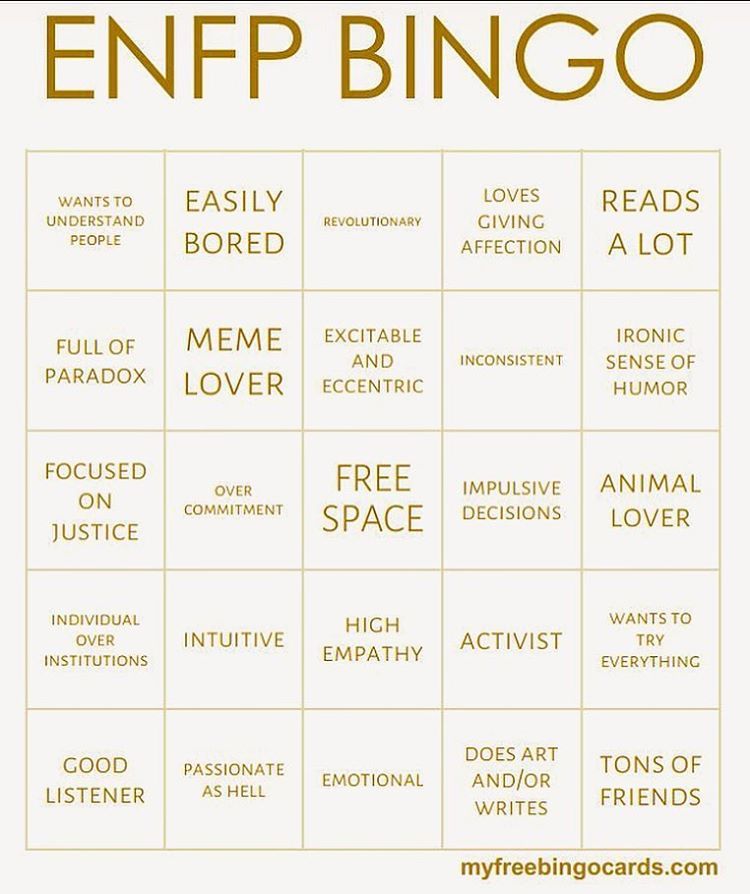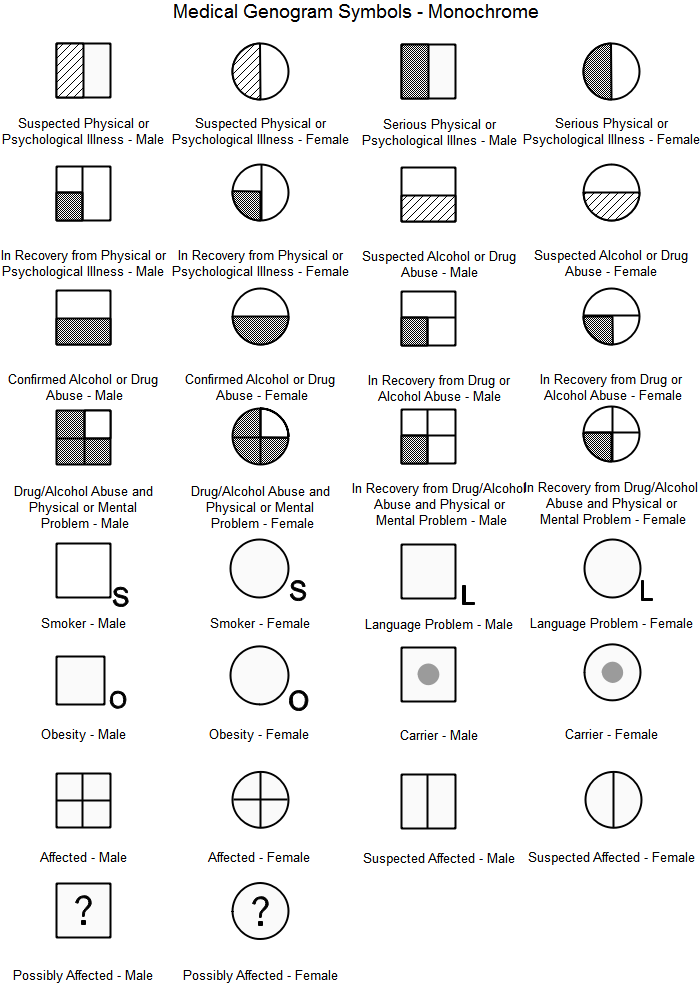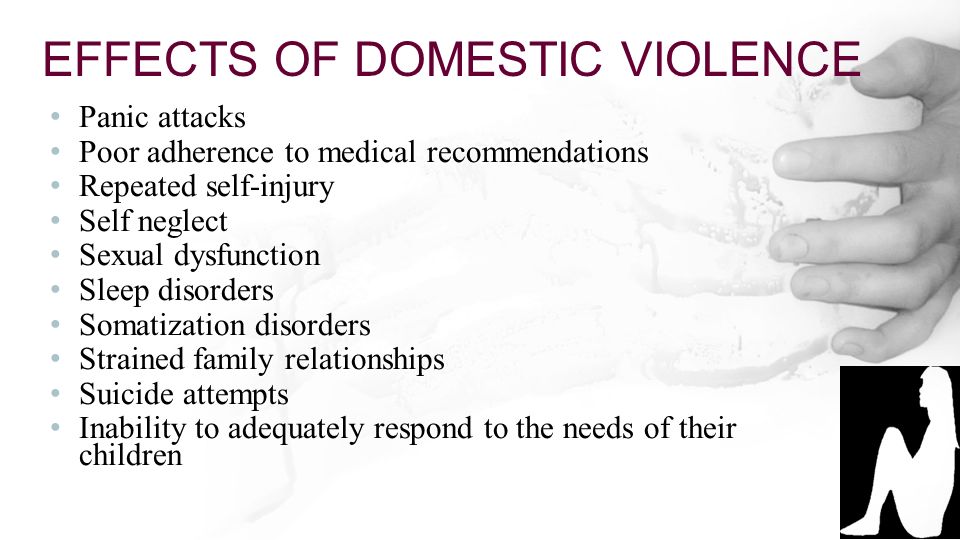Talk about a friend
Talking About Your Friends In English
Talking about Friends in English
Talking about Friends
The following phrases and expressions are used to talk about friends in English. If you introduce our friends, you may mention their names, age, occupation, interests, etc.
Expressions and phrases to introduce your friends
Introducing People And Talking Abou...
Please enable JavaScript
Introducing People And Talking About Occupations In English (+ QUIZ)
To talk about your friend, you need to say their:
- Names.
- Age.
- Nationality.
- Hometown.
- Occupation.
- Interests.
- Qualities.
In other words, you need to mention who they are, what they do, what they like to do, where they live, their nationalities, and their qualities.
Here are some expressions to remember.
To introduce your friends' names:
- My (best) friend's name is James.
- This is my (best) friend James.
- Let me introduce you to my (best) friend James.
- Please, meet my (best) friend James.
To talk about their occupations, you may use these phrases.
- He/she is a doctor/nurse.
- He/she is in sales/digital marketing/web design...
- He/she works for a private school/an oil company.
- He/she teaches/sings/writes... for a living.
To talk about their origin:
- She/he is from New York.
- She/he is American.
- They live in London but they are originally from Cairo.
- They are from Morocco.
To talk about your friends' interests, you may use these phrases.
- He/she likes playing tennis.
- He/she enjoys hanging out with her friends.
- He/she is interested in collecting stamps.
- He/she is really into website design.
- When he/she has the time, he/she likes to go walking.
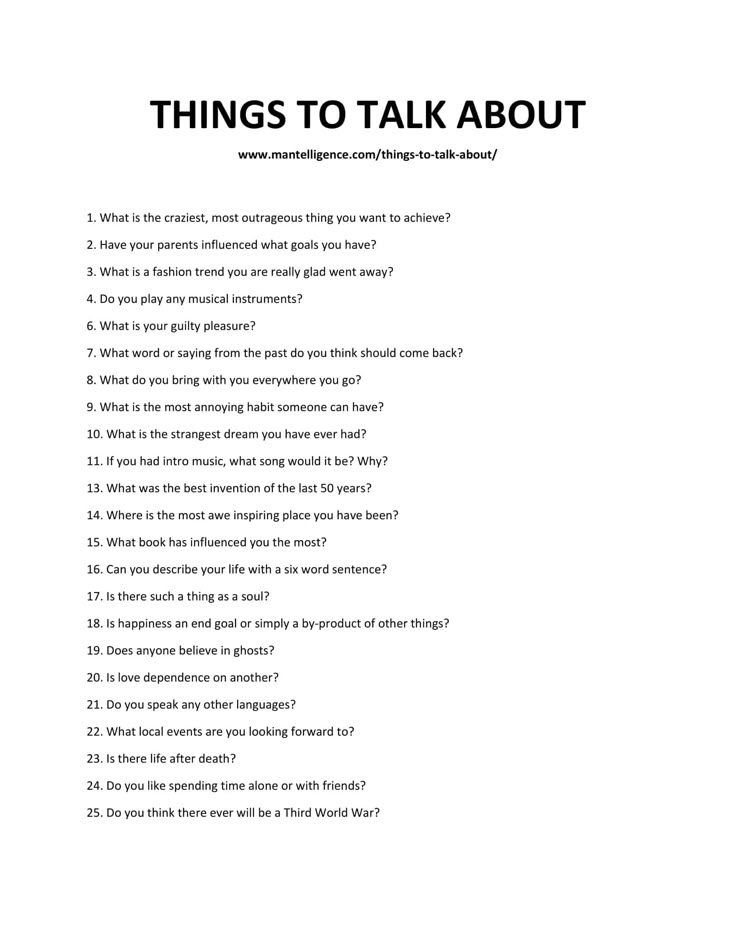
Finally, to describe your friends' qualities, use these adjectives:
- affectionate
- best/close
- dear
- faithful
- generous
- genuine
- hilarious
- honest
- irreplaceable
- kind
- kindhearted
- marvelous
- one-of-a-kind
- patient
- precious
- priceless
- reliable
- sincere
- supportive
- sweet
- sweet-hearted
- thoughtful
- true
- trustworthy
- truthful
- uncommon
- unconditional
- understanding
- unique
- unpretentious
- unselfish
- uplifting
- valued
- warm
- warmhearted
- wonderful
Example
This is an example of how you can talk about your friends:
Hi! My name is Jane. These are my friends. This is James and this is his sister Lucy. They are from California. They are American. They live in Los Angeles.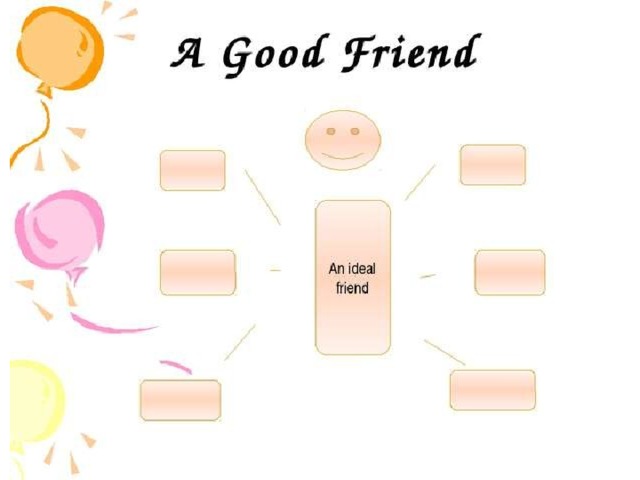 James is a tour guide. He likes scuba diving. His sister Lucy is a journalist. Lucy loves hiking. She is also a very good photographer. She enjoys taking pictures of famous people. James and Lucy are helpful, generous, and trustworthy. I am lucky to have such wonderful friends.
James is a tour guide. He likes scuba diving. His sister Lucy is a journalist. Lucy loves hiking. She is also a very good photographer. She enjoys taking pictures of famous people. James and Lucy are helpful, generous, and trustworthy. I am lucky to have such wonderful friends.
More speaking lessons
Realted pages
- Vocabulary lesson - Occupations
- Idioms about work
- Quotes about work
- Jokes about work
Awesome Links You May Like
How to talk to a struggling friend
If you’ve recently noticed some signs that your friend might be struggling emotionally, you may be wondering why they haven’t brought up their struggles with you directly. After all, you want to be there for your friend and help them through whatever they might be dealing with.
Remember that there are a lot of different reasons why a friend might not be up front with you about what they’re going through. They may not know how to talk about how they’re feeling or what they’ve experienced.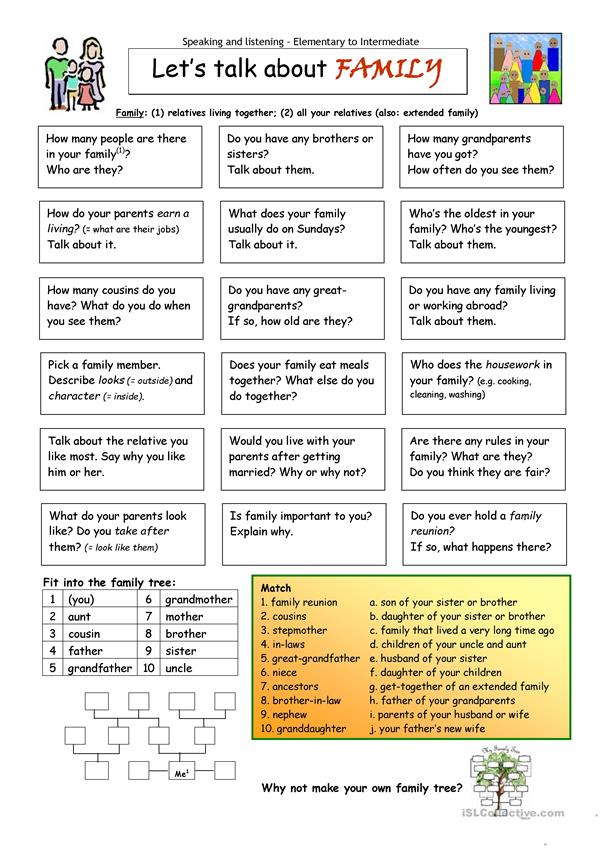 They may not want to be a burden or worry others. They may come from a culture or a family where difficult feelings are not openly discussed. They may want to reach out for help but feel embarrassed or ashamed that they can’t cope on their own.
They may not want to be a burden or worry others. They may come from a culture or a family where difficult feelings are not openly discussed. They may want to reach out for help but feel embarrassed or ashamed that they can’t cope on their own.
As a friend, one way you can offer support is by starting the conversation about your concerns instead of waiting for them to confide in you.
How to Approach to a Friend You’re Worried About
It’s important to trust your instincts about how and when to bring up your concerns. That can be hard, especially if you’ve never done it before or if you also come from a family or culture where talking openly is uncommon. Here are some things you can do to make the conversation more comfortable for you and your friend.
Try To
- Ask them to get together or check in with you. You could start with something like, “You don’t seem like yourself lately. Maybe it’s just everything going on right now, but I wanted to check in and see if we could sit down and catch up.
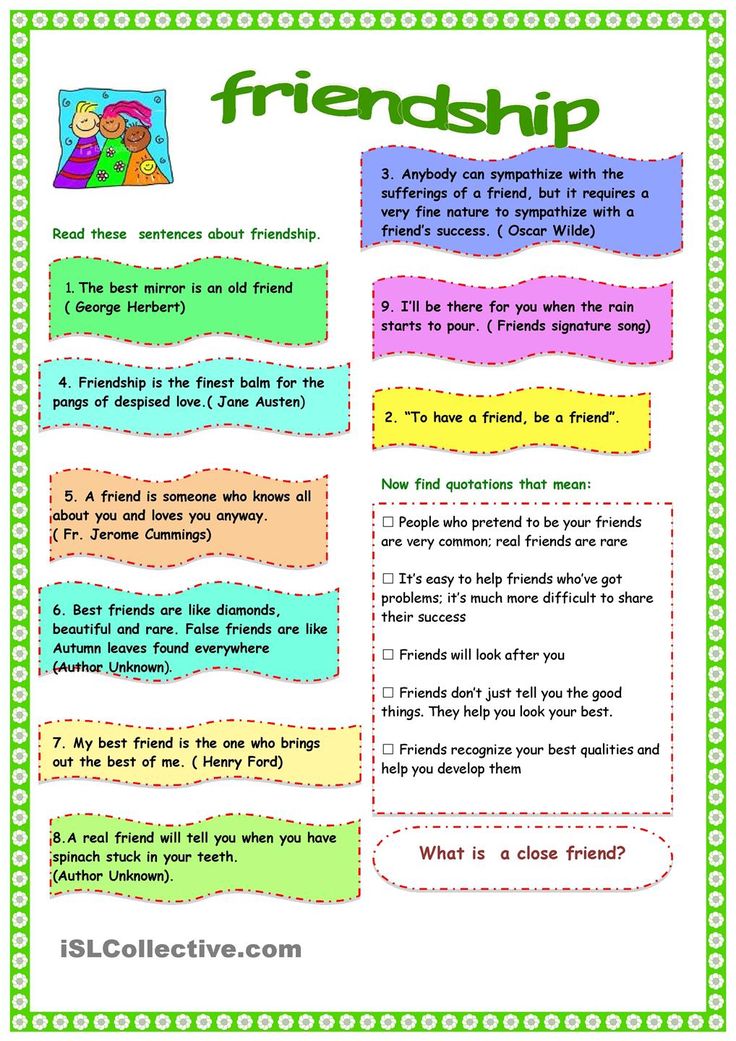 ” Or, “Hey, I miss you. I feel like we haven’t had a chance to hang out or talk like we normally do. When can we catch up?”
” Or, “Hey, I miss you. I feel like we haven’t had a chance to hang out or talk like we normally do. When can we catch up?” - Meet up in person, or schedule a phone call or video chat. These methods of communication are preferable to just texting or messaging because you can get a better sense of nonverbal cues, like how they look and how they react to what you say. It’s easy to say, “I’m fine” via text.
- Choose a location that is conducive to having a talk in relative privacy. You could offer to grab coffee, hang out at one your homes, or go for a walk. A loud, crowded space is not the right venue.
- Start the conversation from a place of concern and support. For example, you could say something like, “You seem a little down lately and I just wanted you to know that I’m here for you.” Be sure to be able to give them your full attention from the outset. Put away your phone, make eye contact or, if that is too direct, position yourself in a way that shows you are fully there and ready to listen.

- Be specific about what you’ve seen or heard that’s causing you concern. For example, you can say things like, “It concerned me when you said…” or “I am worried about you because I have noticed that you seem – low energy, sad, angry, depressed – the last few times we’ve talked.” Being clear about what you’re noticing and making it clear that you are sharing your perception, which may or may not be in alignment with their reality, is helpful for your friend and makes it easier to follow up on their behavior over time.
- Let them know they are not alone. Sometimes when we’re struggling, we isolate ourselves or feel like no one understands what we’re going through. It’s important for your friend to know they have a support system to lean on. This can be as simple a periodic but regular text or DM check-ins. What is most important is that your actions follow your words – do not say you care and want to be there for them and then disappear for long periods of time.

- Really listen to them. Listen to details of their story, but also listen for the specific emotions they are sharing. The various events, exchanges and people that are involved in stressful situations matter, but what’s most significant is their emotional reaction to the details. It might be impossible to change the situation, but it can be possible to bear witness, validate, or even soothe their emotions. So listening to how they feel is as important as listening to the specific events that drive their feelings.
Be patient. They may not be ready to tell you everything, or they may not know how to articulate what they’re going through. Be comfortable with silence if they need to take their time. But you can circle back around to your concerns if you continue to notice things that worry you.
Try To Avoid
- Language that feels judgemental or accusatory. For example, avoid saying things like, “I really feel like you are not holding up your end of things at work” or “You’re not contributing enough to our group project.
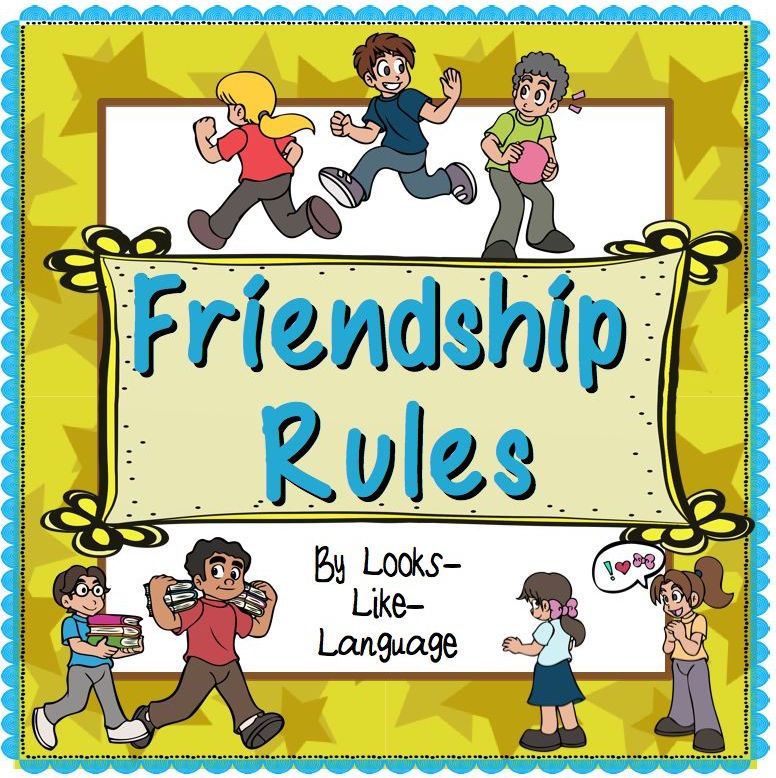 ” Even if those things are true, remember, it’s best to approach from a place of support and concern. This does not mean that you have to protect your friend from something you need them to know, especially if it is adversely having an impact on you or others. In many instances, you can share your perceptions by framing them differently. For example, you can say, “I notice that your mind seems to wander when we are meeting and when it does, you look a little sad or worried,” or “I remember you saying that you were looking forward to our group project, but I notice that you have had a hard time making our meetings or sharing when we do get together.”
” Even if those things are true, remember, it’s best to approach from a place of support and concern. This does not mean that you have to protect your friend from something you need them to know, especially if it is adversely having an impact on you or others. In many instances, you can share your perceptions by framing them differently. For example, you can say, “I notice that your mind seems to wander when we are meeting and when it does, you look a little sad or worried,” or “I remember you saying that you were looking forward to our group project, but I notice that you have had a hard time making our meetings or sharing when we do get together.” - Bringing other people’s opinions into the conversation. For example, avoid saying things like, “Several of our friends have said you have been blowing them off or treating them badly,” or “Everyone at work has noticed there’s something going on with you.” Remember, it’s better to stick to specifics about what you’ve seen and heard that concerns you.

- Bringing other people with you when you meet up. You don’t want your friend to feel like you’re ganging up on them.
- Being combative or defensive. Avoid interrupting them while they’re speaking, minimizing their concerns, or defending someone who’s hurt them.
- Diagnosing the problem or trying to fix it for them. It’s not on you to know all the answers or give them advice on how to handle their situation. If they are struggling with an issue like depression, addiction, or grief, they may need a different kind of support than you can offer as a friend.
These tips are a starting point, but remember to take into account your friend’s unique personality, your relationship, and the situation and do what feels right for you. If you decide you aren’t comfortable starting the conversation, you aren’t out of options. You can reach out for support for yourself from resources like the Crisis Text Line, or reach out to another friend, coworker, or family member you trust.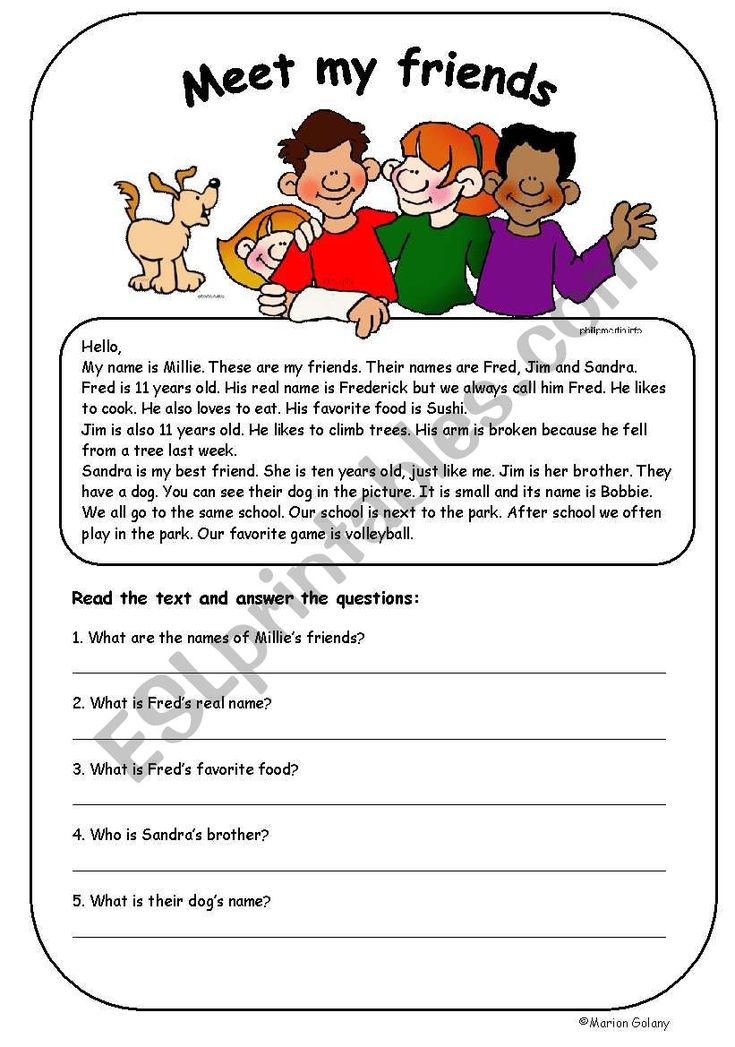
You’ve Started the Conversation. What’s the Next Step?
Starting the conversation with a friend who’s struggling is the first step. If your friend is receptive, you may suggest that they seek therapy or get connected to support groups or other resources. If your friend is open to the idea, you can support them as they reach out for help. If your friend doesn’t know where to start looking for help, they can start by texting START to 741741 or calling 1-800-273-TALK (8255) for a free, confidential chat with a trained counselor anytime.
If your friend shuts down the conversation, brushes off your concerns, or tells you everything is fine but you still think something is wrong, it’s important to trust your instincts. If you’re stuck on what to do next, check out these tips for how to approach a friend who isn’t receptive to help and how to take care of yourself while taking care of others.
You're Not Alone
Back to landing page
Search Resource Center
Type your search term below
Can you speak to each other?
4 questions to yourself
Jacques Salome, social psychologist, author of many popular books. Read his workshop «
Read his workshop «
- Photo
- SERGE PICARD FOR PSYCHOLOGIES MAGAZINE FRANCE
1. Do I feel free enough to allow myself to ask, give, accept and reject what comes from another?
2. What words can I use to describe our relationship?
3. If one day my feelings for my partner began to change, would I have the courage to say so?
4. By the time I entered into this relationship, had I managed to achieve independence from previous ties - with my mother, father, with my previous partner?
What the answers say
1. Asking, giving, accepting, and rejecting are the four cornerstones on which healthy, harmonious relationships are built. Otherwise, one of the spouses may feel that he is not heard, not appreciated and not accepted the way he feels, that he does not receive gratitude or does not have space for dialogue.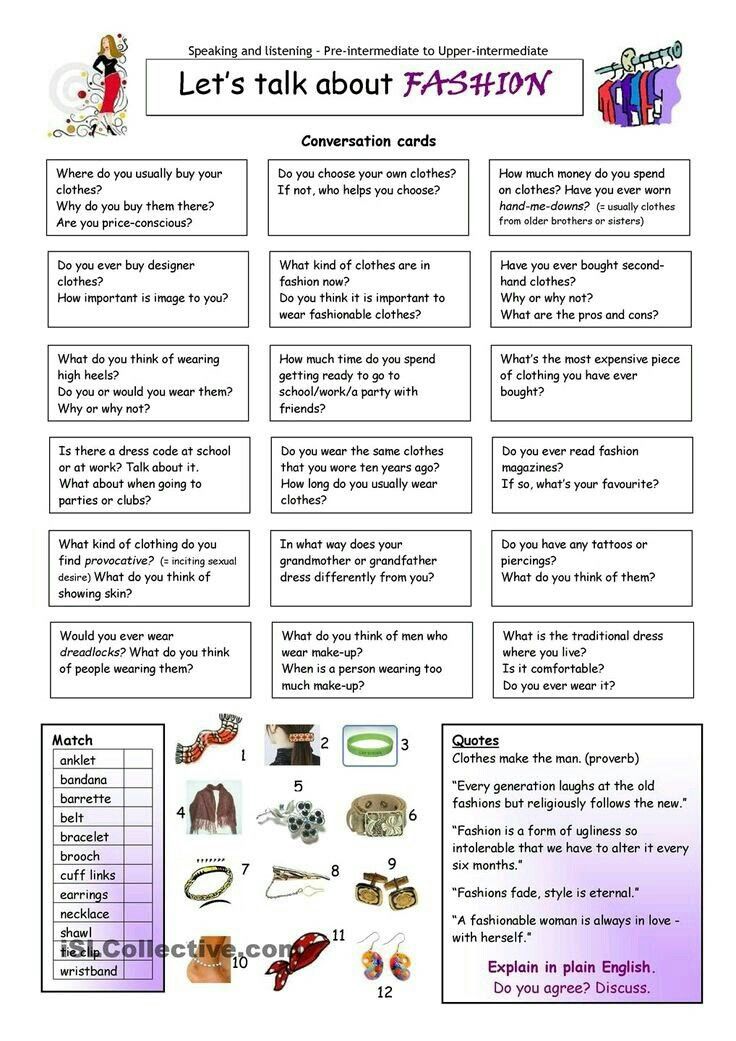 And this creates a feeling of failure in the relationship, which, repeated, can overshadow the future of the couple.
And this creates a feeling of failure in the relationship, which, repeated, can overshadow the future of the couple.
2. Classic marital relationship, camaraderie, love-friendship, common parenting path, living together for economic reasons, mutual responsibility for the material component of life - it is important to identify and be able to name all the components of the union so that each of the partners can better see their role and their place in a couple, to understand mutual expectations and the essence of relationships.
3. This is perhaps the most painful situation in a couple's life. It takes courage to accept your true feelings. Often this discovery is unbearable for the one who discovers the change or hears such recognition from another. But talking about love at such a moment means helping yourself to sort out your feelings, focus on your deep (un)desire to continue living together and hear the desire of another person.
4. Here we come into contact with one of the main pillars on which a couple's life is built, namely, the need for autonomy at different levels. It is important not to become addicted and not to spoil the relationship with the invisible presence of the “third person”, who remains too significant a figure.
It is important not to become addicted and not to spoil the relationship with the invisible presence of the “third person”, who remains too significant a figure.
Bella, 40 years old, married to Maxim for 17 years, 40 years old
“A dozen and a half years of marriage, two wonderful children... and a midlife crisis that we are slowly trying to get out of. Maxim was not enthusiastic about the idea of summing up the intermediate results. And when I saw that the questions were open-ended, with no answer options, I was indignant at all: “What kind of nonsense is this? This is not a real test. I still have to come up with answers myself ... ”In the end, we started: he was openly opposed, I felt awkward, but still I really wanted to know what he really thinks about us. As a result, I was encouraged and even surprised by the sheer depth and sincerity of his feelings. He admitted that he always loved me and continues to love me, he is confident in his feelings and completely freed himself from emotional dependence on his “ex” and on his mother.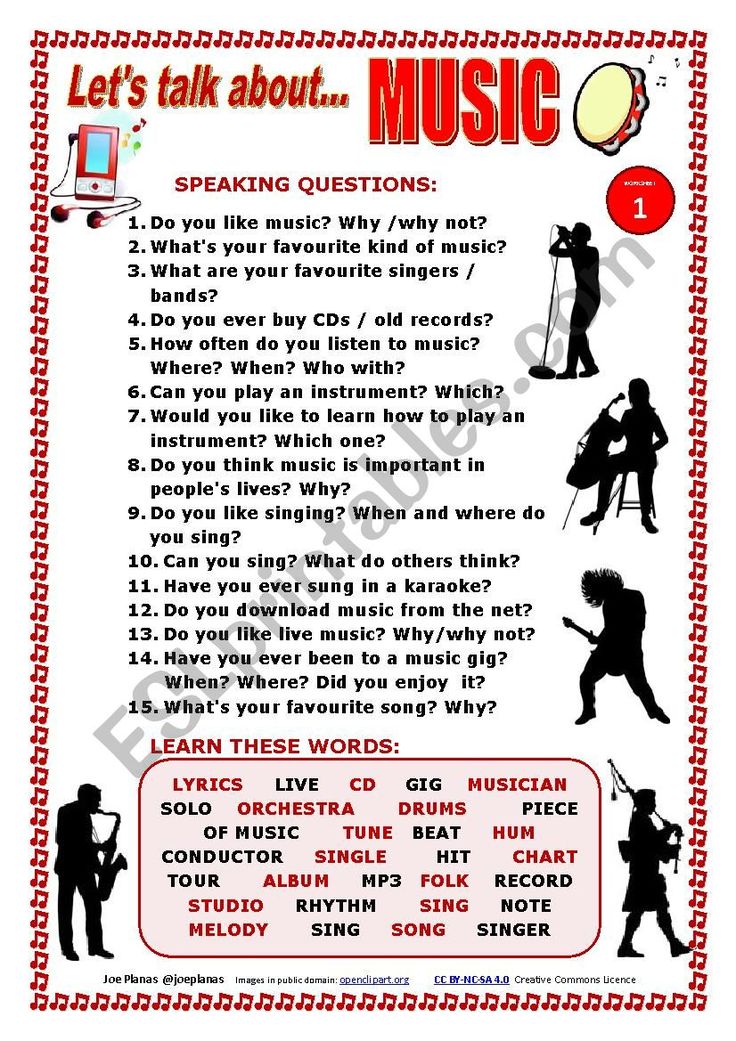 My husband calls our relationship just a marriage, but I add the word “difficult”. In the end, Maxim remarked: “Of course, difficult. We are too different. But we also have serious trump cards - we know each other so well that I was able to guess all your answers, and you - mine. In addition, we know perfectly well what the other needs. To satisfy these needs, one step remains to be taken, but it turns into an abyss. It's true, we guess each other's thoughts, but this does not mean that we are talking about it or that Maxim is ready to fulfill my requests. It is also true that I myself do not always respect his desires, especially his desire for intimacy. I'll try to think about what I can change ... "
My husband calls our relationship just a marriage, but I add the word “difficult”. In the end, Maxim remarked: “Of course, difficult. We are too different. But we also have serious trump cards - we know each other so well that I was able to guess all your answers, and you - mine. In addition, we know perfectly well what the other needs. To satisfy these needs, one step remains to be taken, but it turns into an abyss. It's true, we guess each other's thoughts, but this does not mean that we are talking about it or that Maxim is ready to fulfill my requests. It is also true that I myself do not always respect his desires, especially his desire for intimacy. I'll try to think about what I can change ... "
Recorded by Ksenia Kiseleva
4 questions for two
1. Are we able to express what we expect from each other? Can we speak clearly about the contribution of each to the common life? Are we sufficiently aware of what exactly in the other is unacceptable for us?
2. Do we understand our needs in this relationship? The need to speak out and be heard; the need to be accepted and appreciated; need for closeness the need to create one's environment and influence it; the need to dream…
Do we understand our needs in this relationship? The need to speak out and be heard; the need to be accepted and appreciated; need for closeness the need to create one's environment and influence it; the need to dream…
3. Are we able to say about our weakness, vulnerability, what kind of words, gestures or actions of a partner will hurt us?
4. Do we have the courage to disagree with something that is unacceptable to us?
What the answers say
1. These questions will help you understand what feeds our couple. Lasting alliances exist not so much because of shared love, but because each partner finds his own way to “nourish” the relationship. Thus, both make sure that the expectations of one match the contribution of the other as closely as possible, and do not go too far into the territory of the unacceptable.
2. We often underestimate the needs that are realized in our relationships, or simply do not think about them. And this causes a lot of disappointment. After all, it is (dis)respect for one's own needs that can revive relationships, give them momentum, or, conversely, hurt us and emasculate our connection.
After all, it is (dis)respect for one's own needs that can revive relationships, give them momentum, or, conversely, hurt us and emasculate our connection.
3. This is probably the most intimate part of ourselves, which we need to have the courage to open to another. Decide to talk about your pain points, about what is unbearable for us, in order to avoid mutual discontent and irritation. Speaking in the first person is often more difficult than blaming someone else: "It's all you!"
4. There are two types of messages in a love union. Some are positive, benevolent, which will nourish the relationship, causing a desire to continue living together. Others are negative: depreciation of the other, reproaches, non-constructive criticism. They hurt a partner, harm relationships, and sometimes make them impossible. In order to maintain healthy communication, we need to understand that in reproaching a partner comes from his personal history, from his own past wounds. And do not use it against him and do not take these reproaches personally.
About this
"How to live in a couple and stay free" Tina Tessina, Riley K. Smith If we can openly express our feelings and wishes to a partner, knowing that we will be heard, then in any conflict we can find a solution that will suits both. The path to mutual understanding and a sense of inner freedom is negotiations. The techniques of mutually beneficial family diplomacy are described in detail in this book (Phoenix, 2005).
Photo source: LETIZIA LE FUR FOR PSYCHOLOGIES MAGAZINE FRANCE
New on the site
Marriage, friendship, and career: what character trait guarantees success - the psychologist's answer
"I want to become an artist, but I worry about my disability" And how can you protect yourself from them?
How to simplify the process of separation for children: 3 tips for parents
"Hope for everything, expect nothing": a recipe for an ideal life - 42 tips
"If the partner is not initiative, is the problem in him or in me?"
“I want to confess my feelings to a guy, but I’m afraid of being rejected”
“Before the time has come, and then it will be too late”: 5 myths about love - the opinion of a family therapist
Phrases that we need to say to each other more often to improve relationships
Relationships are constant and painstaking work. And if you do not work on them, you can lose everything. We present you a list of magic phrases that will significantly improve your relationship with your loved one.
And if you do not work on them, you can lose everything. We present you a list of magic phrases that will significantly improve your relationship with your loved one.
1. "I believe in you"
As a rule, we think that those we love already know that we believe in them. Perhaps this is true ... But, believe me, if you remind them of this, it will not be superfluous at all. When someone is going through a difficult life period or preparing to risk everything they have to achieve more, our support can be decisive - as well as its absence.
Sometimes it depends only on us whether someone has enough determination and self-confidence to radically change their life. So don't be afraid to tell close (and even not so close) people that you believe in them.
2. “I respect you”
Being liked, being loved, and being respected are often perceived as three completely different things. We hear confirmation of the first two of them from the lips of close people quite often, but as for the third . .. Respect is a quieter and hidden emotion, and we show it much less often.
.. Respect is a quieter and hidden emotion, and we show it much less often.
But you know what? Those whom we love most in the world are always pleased to know that we not only love them, but also treat them with respect. This is a much nicer compliment than "I like you" because it's often followed by an unspoken "But..."0005
3. “I see the best in you (even when you don't see it in yourself)”
We are all human, and therefore none of us is perfect. We all make mistakes - sometimes so serious that we begin to torment ourselves for them more than the most skilled executioner. We all forget from time to time how strong, smart and wonderful people we really are. And it is at such moments that our loved ones should remind us of this.
To let someone know that you still see in them all that good and good that they have already forgotten under the pressure of life circumstances. It's like lighting a bright lamp for them as they wander through a gloomy and impenetrable dark labyrinth. This helps them find their way to all these qualities and reconnect with them.
This helps them find their way to all these qualities and reconnect with them.
4. “Thank you for everything you do for me”
is not as easy as we think.
Not everyone is capable of being strong not only for themselves, but also for other people. And when someone supports us in difficult times, the least we can do in return is to thank for it.
5. “Forgive me for what I did. This mistake taught me a lot and I assure you it won't happen again.”
Anyone can mutter a hasty and insincere apology. But we can only receive real, true forgiveness when we admit what exactly we did wrong. And we also make it clear that we are not going to repeat the mistake we made in the future and are ready to make amends by any available means.
Only on such a real apology can one build the foundation of true friendship or love - a foundation that will not be washed away by the first downpour.
6. “Of course, I forgive you”
These four simple words, like nothing else, are able to heal wounds on the heart - both on the heart of the one who hears them, and on the heart of the one who utters them.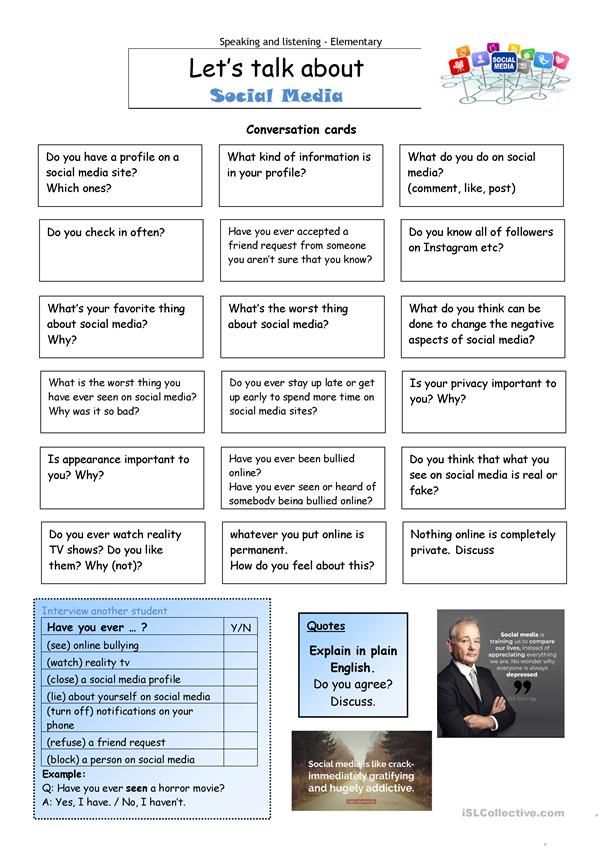
7. “I forgive myself”
Sometimes the most difficult thing is to forgive ourselves. We may spend years trying to forgive ourselves for something we did in the past, but in many cases we fail to do so until we speak the words out loud. Say them, looking at yourself in the mirror, say them to yourself in your soul ... Repeat them as many times as necessary so that they finally turn into truth.
8. "I don't know what to say, but I'm here if you need me" their negativity, or simply do not know what to say. But you know what? In many cases, the best phrase we can say is the one in the title of this paragraph. Do you know why? Because it is absolutely true - when you love someone, you do not necessarily always know what to say to him or her.
Sometimes true love is just being there no matter what happens.
9. “I'm very worried about you.”
When chaos rages in our lives, we are ready to do anything to somehow rationalize what we have to go through.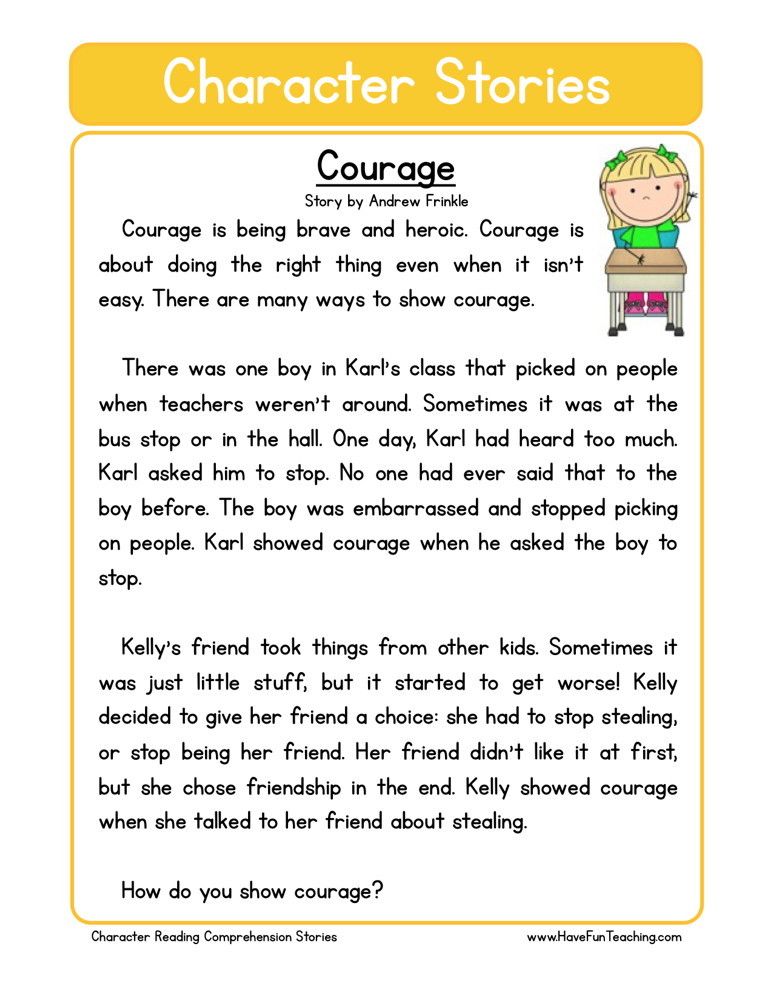 In many cases, the best thing we can hear in such a situation is the quiet but sincere words: “I'm very worried about you,” uttered by a loved one.
In many cases, the best thing we can hear in such a situation is the quiet but sincere words: “I'm very worried about you,” uttered by a loved one.
This makes it clear that all the efforts we have to go through are not in vain. What we do is not only for ourselves. That there are those who will help us heal.
10. “You inspire me.”
Perhaps the best compliment we can give anyone is to let them know that their determination and willpower are so great that they can inspire us to great things. It reminds them that when they strive to become stronger, better, and wiser, they are helping not only themselves, but others as well.
11. “How can I help you?”
Instead of grasping at straws, trying to figure out how you can help your loved ones in trouble, why not do the very simple thing of just asking them how you can help them? Often people are well aware of how their friends and partners could help them, but they are embarrassed or simply ashamed to ask for help.
12. “You will always be my first priority”
Yes, it’s certainly very sweet to hear “I love you” from a loved one, but the words “You will always be my first priority” are more than just something nice. This is a clear and unambiguous promise that few are willing to make. This is one of the most daring ways to express your feelings towards a loved one - if only because it makes you do things for your love, and not just praise it with words, no matter how beautiful they may be.
13. “I'm very angry, but I don't want to lose you.”
When emotions run high and irritation starts to overflow, this simple phrase can sometimes save a relationship. They say that you should never go to bed after a quarrel angry and annoyed, but if this is not an option, and the quarrel dragged on, at least tell each other that you still love each other, and this love is higher than temporary anger.
14. “I don't agree with you, but I still love you.”
Too often we start to associate the person we are arguing with with his point of view. Especially if this point of view is not to our liking. Sometimes we do this even when we are arguing with the people closest to us. The ability to separate one from the other and let the interlocutor understand this can sometimes determine the line between a preserved friendship or relationship and completely spoiled ones.
Especially if this point of view is not to our liking. Sometimes we do this even when we are arguing with the people closest to us. The ability to separate one from the other and let the interlocutor understand this can sometimes determine the line between a preserved friendship or relationship and completely spoiled ones.
15. “Mistakes are nothing to worry about. We all make mistakes.”
We spend a lot of time rationalizing wrong decisions made by loved ones. We tell them phrases like “Don’t be upset, you didn’t know that everything would turn out like this”, “It was the best thing that could have been done in that situation”, and so on. But sometimes all they really need in order to move past the mistake they made is help admitting that, yes, they did something they shouldn't have done... and that it's okay. That we are all human and the best thing to do in such a situation is to learn from our mistakes, correct their consequences as much as possible and move on.
16.
 “You are much braver/smarter/stronger than you think”
“You are much braver/smarter/stronger than you think” When life gives us bad cards and we have to swim against the current, sometimes it becomes such a shock that we simply forget about our greatest strengths that can help us get out of this situation. It is at such moments that loved ones, reminding us that we are capable of much more, can become an incredibly strong help and motivate us to truly great achievements.
The power of these words is much greater than you think - so don't forget to tell your family and friends when they need it.
17. “You will succeed – I don't even doubt it”
Hearing these words is knowing that the trust in you from the side of the person who said them is incredibly great. And sometimes the only thing we need to believe in ourselves and our own strengths is a single person who says that he never doubted us and believes that we will succeed.
18. “I am very proud of you”
Yes, yes, I understand, these words sound like they are spoken by a mother or father proud of their children… form of praise.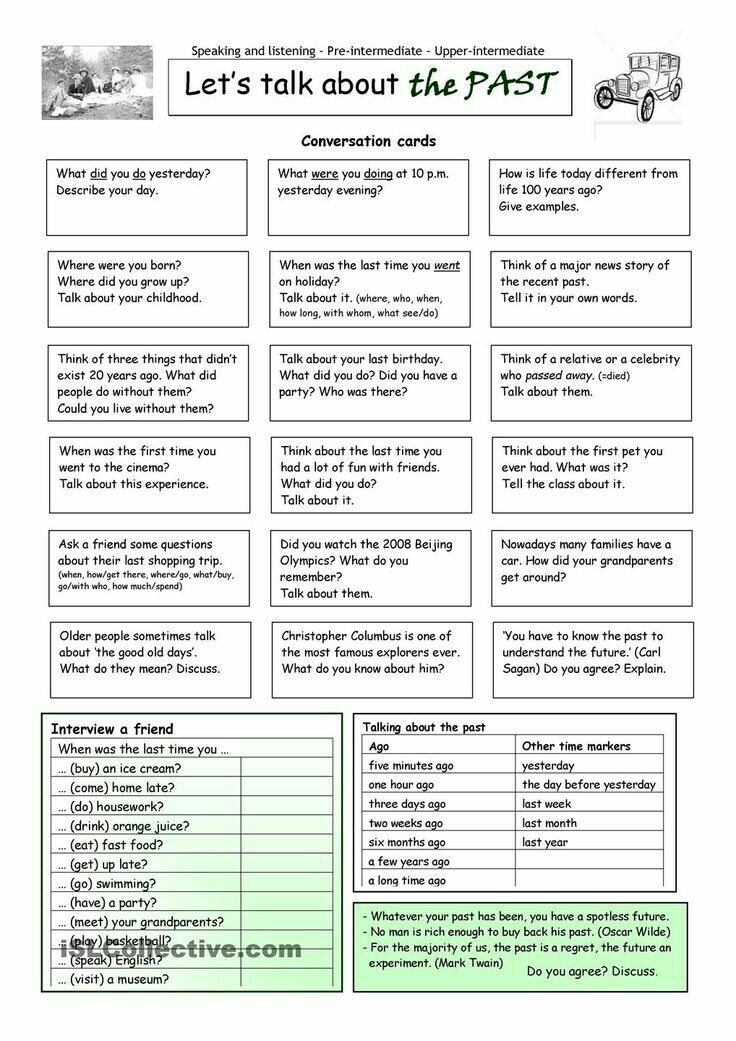 By telling someone that we are proud of them, we thereby confirm that we care about their well-being, that we rejoice at their every achievement. And when they win, we clap in the front row, and we clap the loudest.
By telling someone that we are proud of them, we thereby confirm that we care about their well-being, that we rejoice at their every achievement. And when they win, we clap in the front row, and we clap the loudest.
19. “I was in a similar situation once.”
There are times when our loved ones need strategies or guidance to help them get out of a bad situation… And there are times when all they need is a little empathy and sympathy. Knowing that someone else has gone through what they are going through now can be comforting and encouraging. Especially when they know that these people succeeded, which means that they will succeed too.
20. “I don't want to argue for the sake of arguing. Let it be your way”
In any relationship there will always be disputes in which a consensus cannot be reached, and disagreements that cannot be resolved by compromise. And by saying these words, you make it clear that for you a relationship with a loved one is much more important than the desire to always be right. You are ready to give up your pride in order to save what is really important to you.
21. "You don't always have to be strong, take a break and I'll take care of everything"
Even the bravest people sometimes need to rest, otherwise they will simply burn out like a candle. And when you tell these people that you understand how tired they really are and don't expect them to be strong all the time, it can be an incredible relief for them.
We all sometimes need a person who will put us on the sofa, feed us our favorite snacks, stroke our heads and tell us that we don’t have to worry about anything ... And we can be such people for each other.
22. “Hi. I miss you so much.”
The longer we stay away from someone we love—or once loved—the more difficult it is to take the first step toward bridging the gap that has divided us. We fear that we have waited too long, or that we have missed our chance forever.
But the truth is, when we're dealing with people we really love, it's never too late in most cases.






